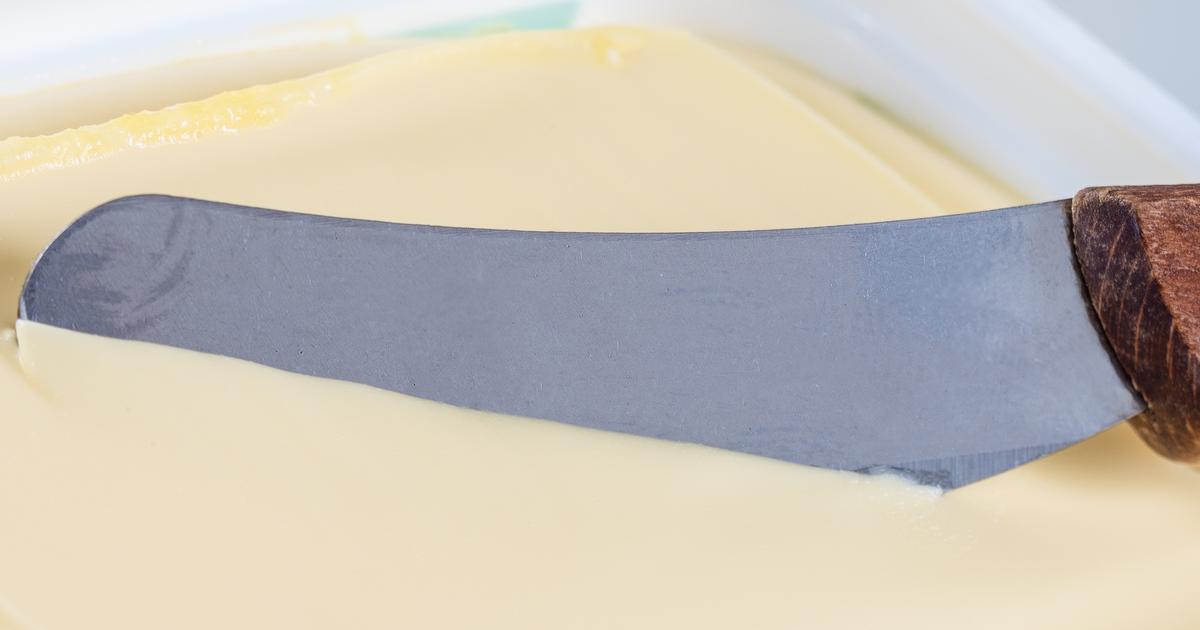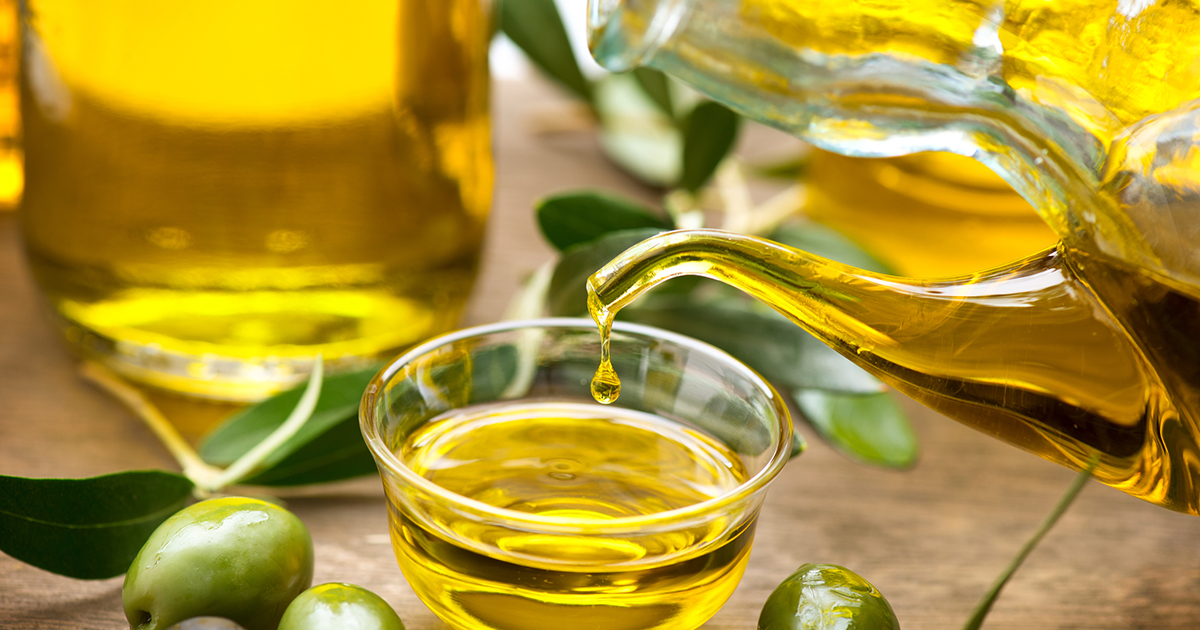Creating A Diet To Lower Cholesterol
Use Olive Oil In Place Of Other Fats
Individuals who use olive oil in place of other fats might find they have an easier time reducing their cholesterol. Olive oil is a dietary staple throughout the Mediterranean, and this region of the world has a lower incidence of cardiovascular disease than the United States. Many doctors recommend the use of olive oil since it is a good source of the monounsaturated fats shown to reduce cholesterol. The oil also contains antioxidants that reduce low-density lipoprotein cholesterol while maintaining the patient's levels of high-density lipoprotein (HDL) cholesterol ('good' cholesterol). When choosing olive oil, experts suggest patients purchase extra-virgin olive oil, which is of a higher quality than other types and may contain more antioxidants. Some individuals might wish to purchase an organic or cold-pressed olive oil too. Since olive oil has about 120 calories per tablespoon, doctors believe two tablespoons per day is sufficient to obtain the benefits of this oil while keeping total calorie intake in check. Olive oil comes in many varieties, some of which are infused with herbs, and it is ideal when drizzled over a salad. The oil can also be used in baked goods such as cakes and brownies. Since olive oil has a low smoke point, it should not be used for frying.
Continue reading to learn more about creating a diet to lower cholesterol now.
Looks For Foods With Added Plant Sterols

If a patient looks for foods with added plant sterols when adopting a cholesterol-lowering diet, they will discover plenty of nutritious options. Studies have shown plant sterols are one of the most effective natural remedies for cholesterol reduction, and they work by blocking the body's absorption of cholesterol. Currently, research suggests plant sterols are beneficial for reducing LDL cholesterol, but they have not yet been shown to reduce triglycerides. Major health organizations recommend patients consume one to two grams of plant sterols per day. Fruits, vegetables, legumes, and nuts all contain small amounts of plant sterols. Additionally, many foods and drinks such as orange juice, margarine, and yogurt are now fortified with plant sterols. These fortified sources make it easier to consume the recommended amount of plant sterols each day. A twelve-month study of patients with high cholesterol found simply swapping regular margarine for margarine fortified with plant sterols was enough to reduce LDL cholesterol by fourteen percent. Individuals interested in adding more plant sterols to their diets might wish to consult their doctor or a nutritionist about the best sources of plant sterols for their needs.
Learn more about adhering to a diet to lower cholesterol now.
